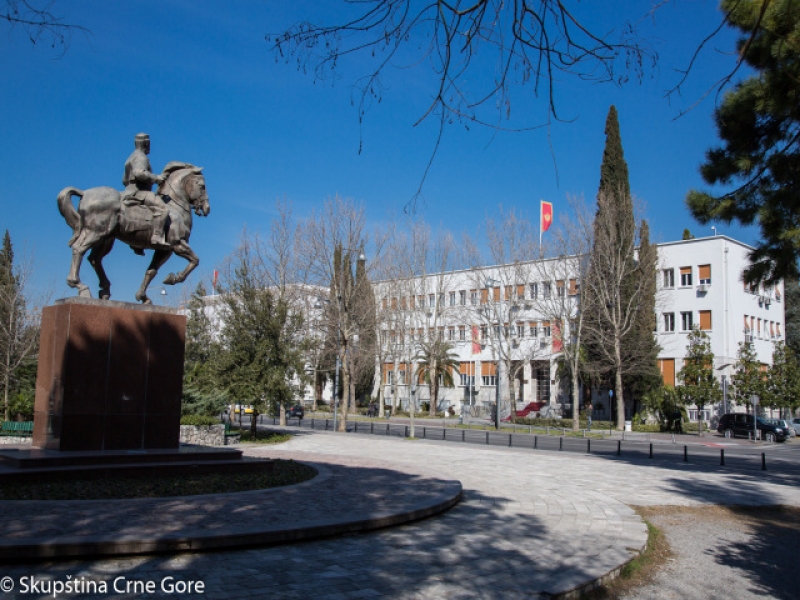At today’s meeting, attended by Chief Negotiator with the European Union Mr Aleksandar Drljević and Deputy Chief Negotiator Mr Marko Mrdak, members of the Committee on European Integration have considered the quarterly and yearly reports on implementing obligations under the 2019-2020 Montenegro’s Programme of Accession to the European Union during 2019, and the 2020-2022 Montenegro’s Programme of Accession to the European Union for the first quarter of 2020.
In 2019, out of totally planned 298 obligations, 213 were met accounting for 71% of fulfilment. Of the 222 laws and secondary legislation, 146 or 66% were adopted (57% laws and 71% secondary legislation), while out of the 76 planned strategic paper 67 were completed accounting for 88% of fulfilment. For the first quarter of 2020, out of a total of 43 obligations, 22 were fulfilled, accounting for 51% (12 of 26 obligations were met in relation to the laws and 56% regarding secondary legislation) and 10 of the 17 strategy papers were completed, accounting for 59%.
According to the Chief Negotiator, the biggest challenges in meeting the planned commitments were interagency coordination and communication with the European Commission, which significantly affected the length of the process. He stressed that these factors must be taken into account in order to make the plan of commitments in the future as realistically as possible.
Members of the Committee specifically considered the implementation of obligations in terms of passing new and amending the existing laws. They were interested why some of the planned legal solutions had not been drafted for the second consecutive year, but also for the possible impact of the current health situation on the implementation of the planned obligations this year. The closer cooperation of the Committee on European Integration and the Office for European Integration in the preparation of future reports was agreed, so that they would contain complete data on the consideration and adoption of the legislative proposals by the Parliament of Montenegro. The MPs praised the greater degree of implementation of the obligations under secondary legislation, which was one of the suggestions from previous meetings of the Committee.











